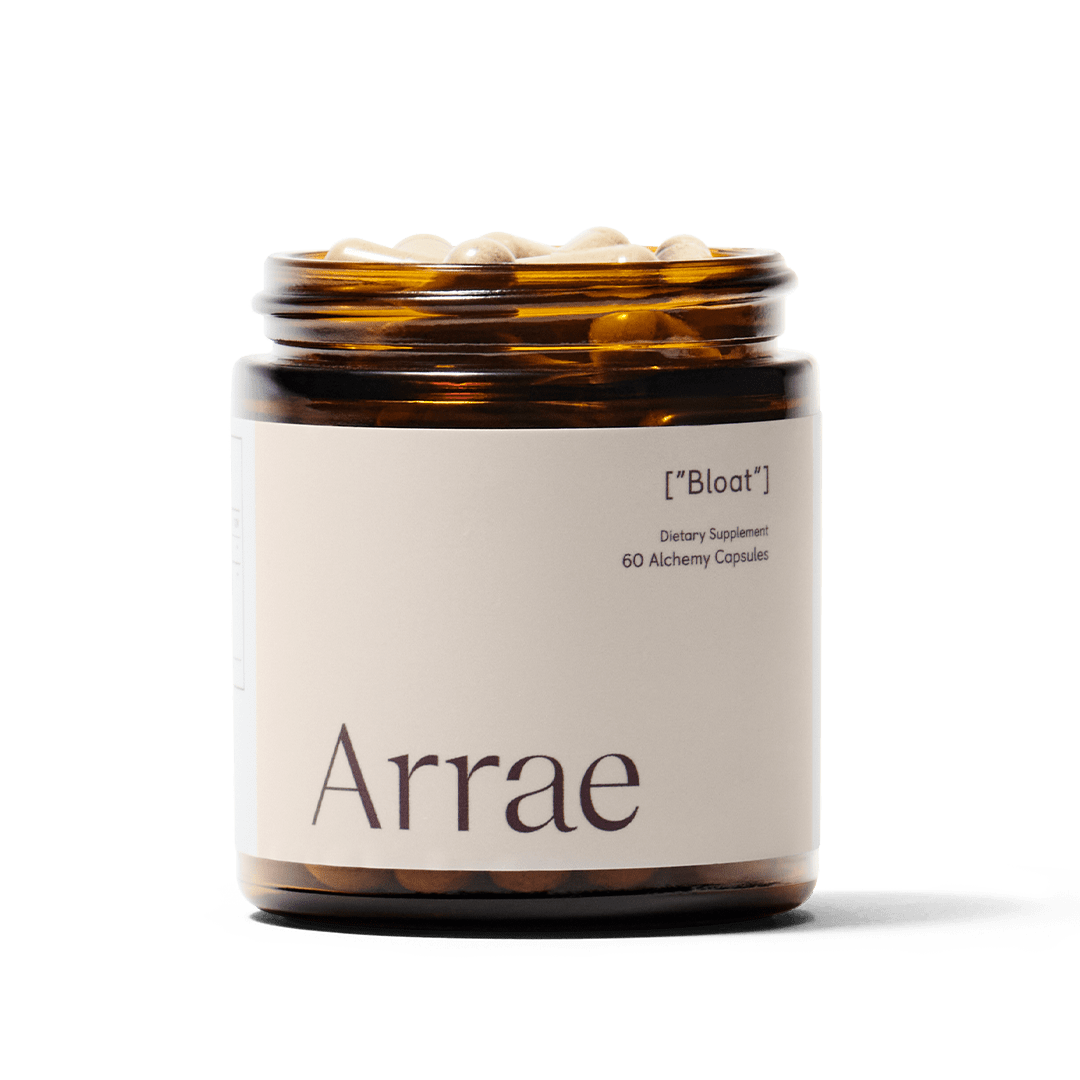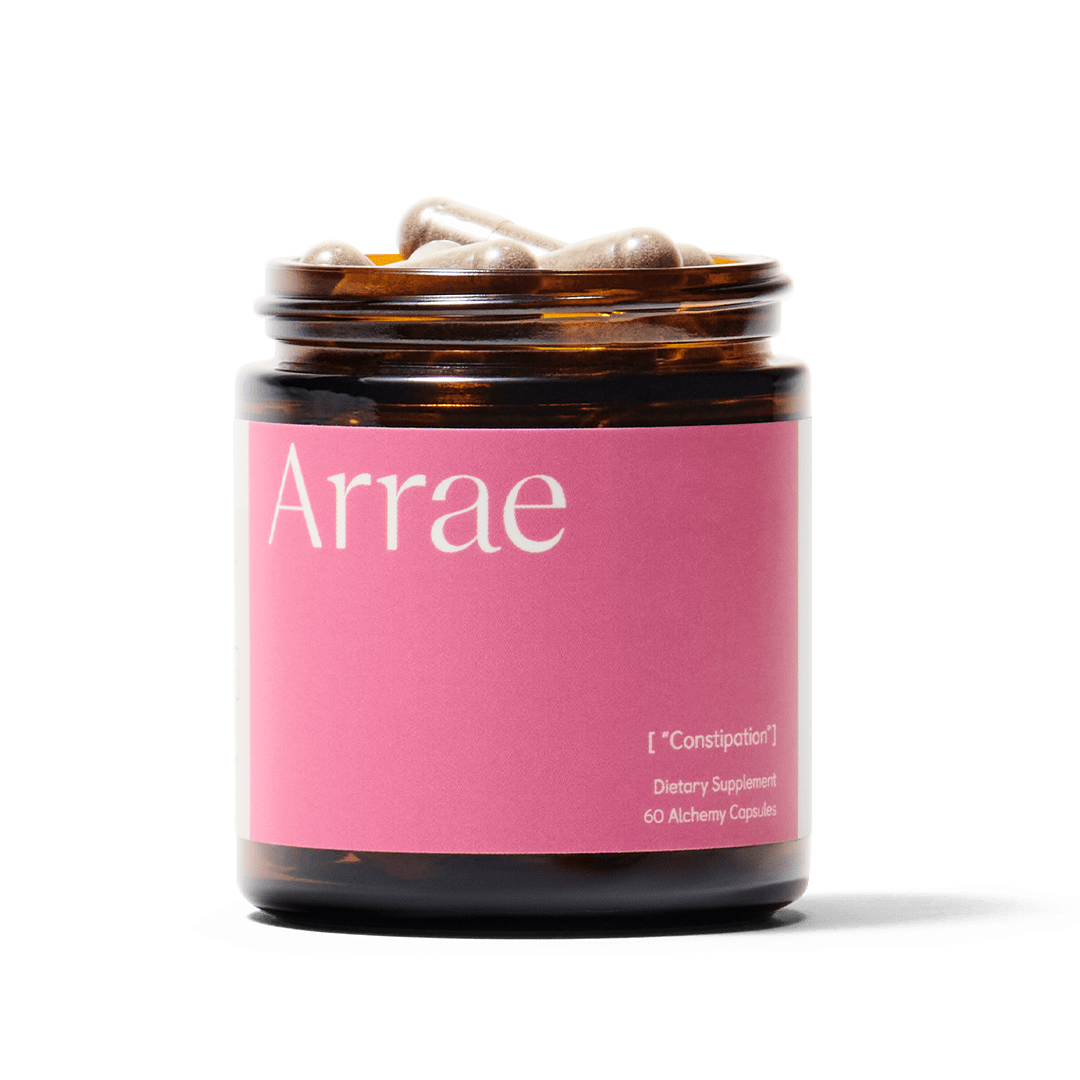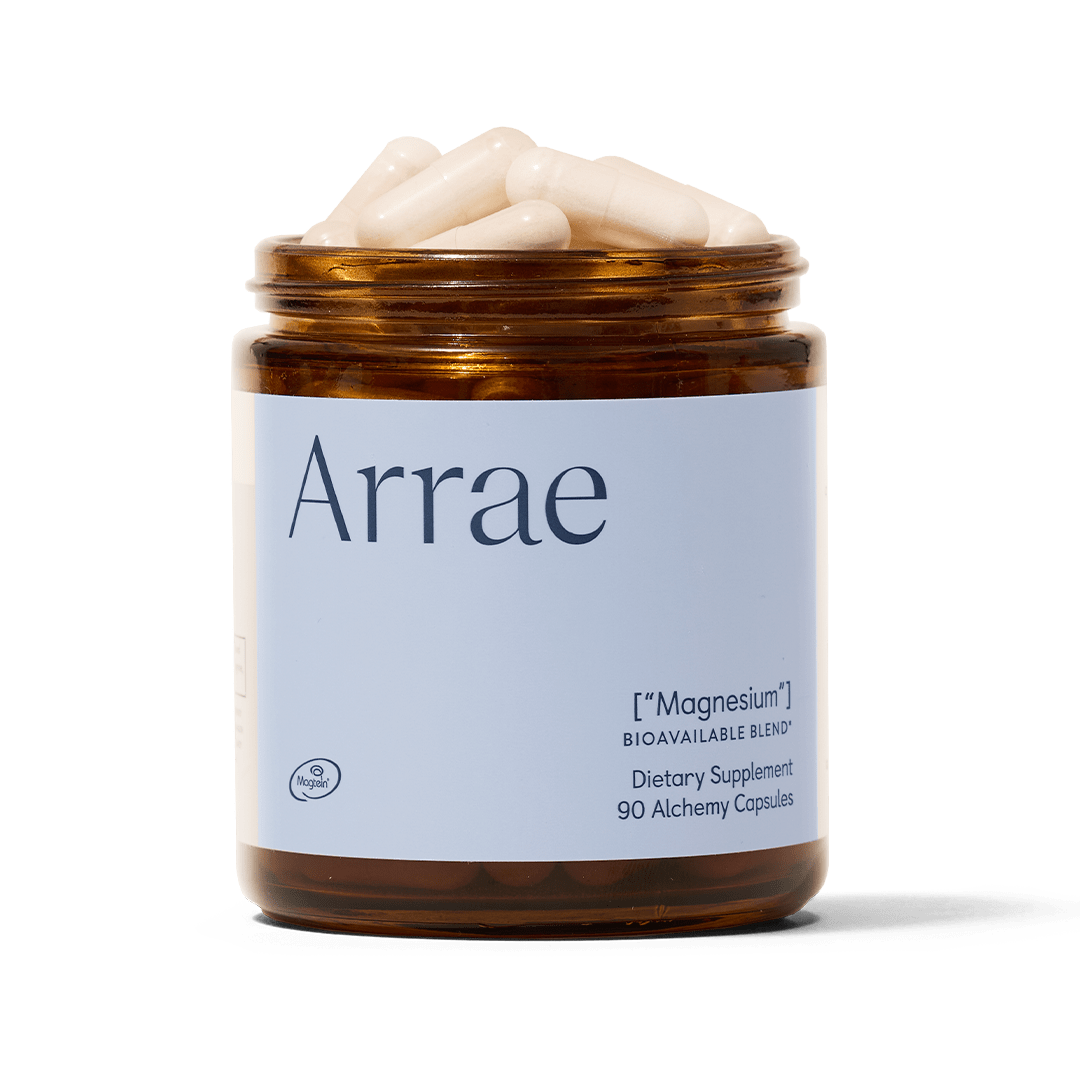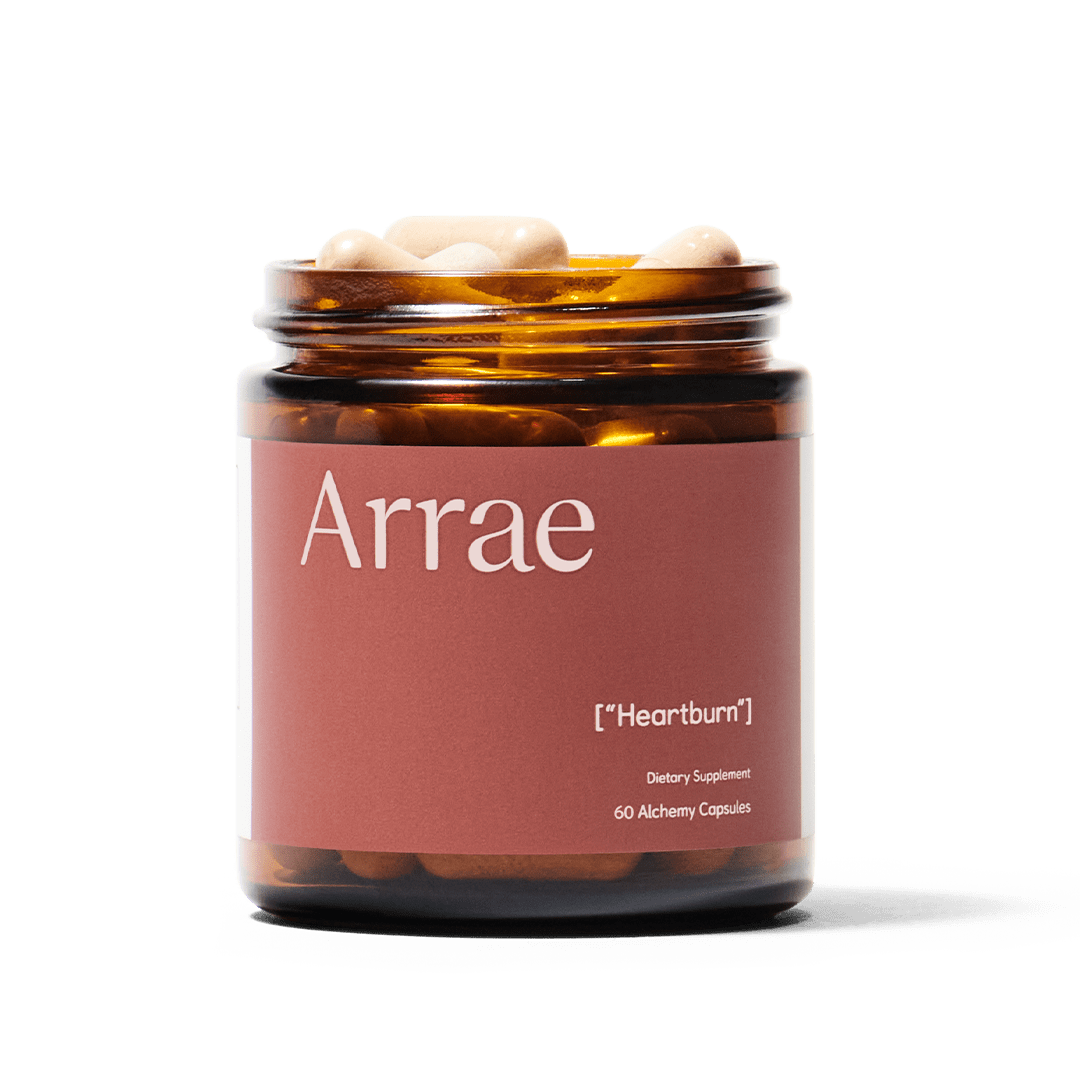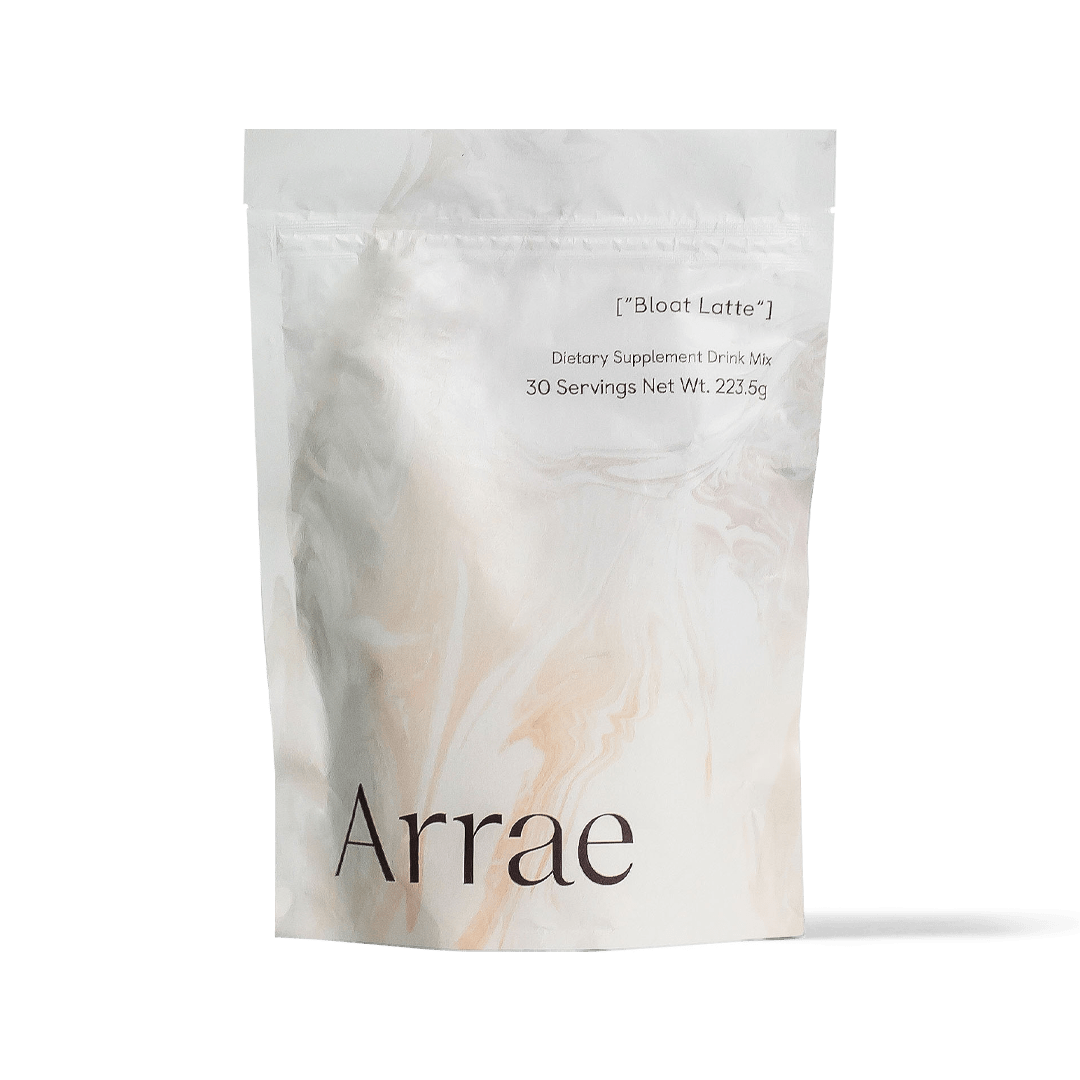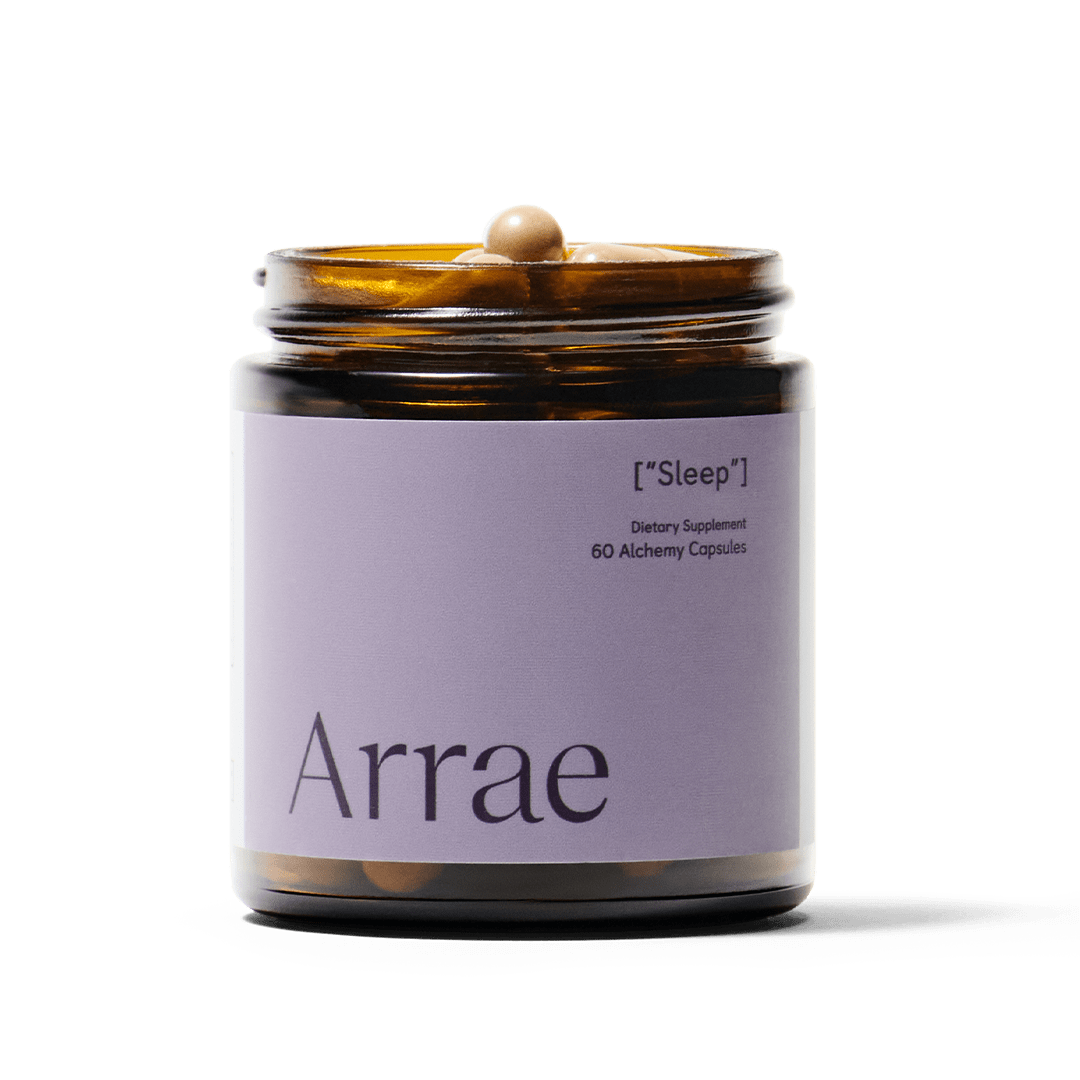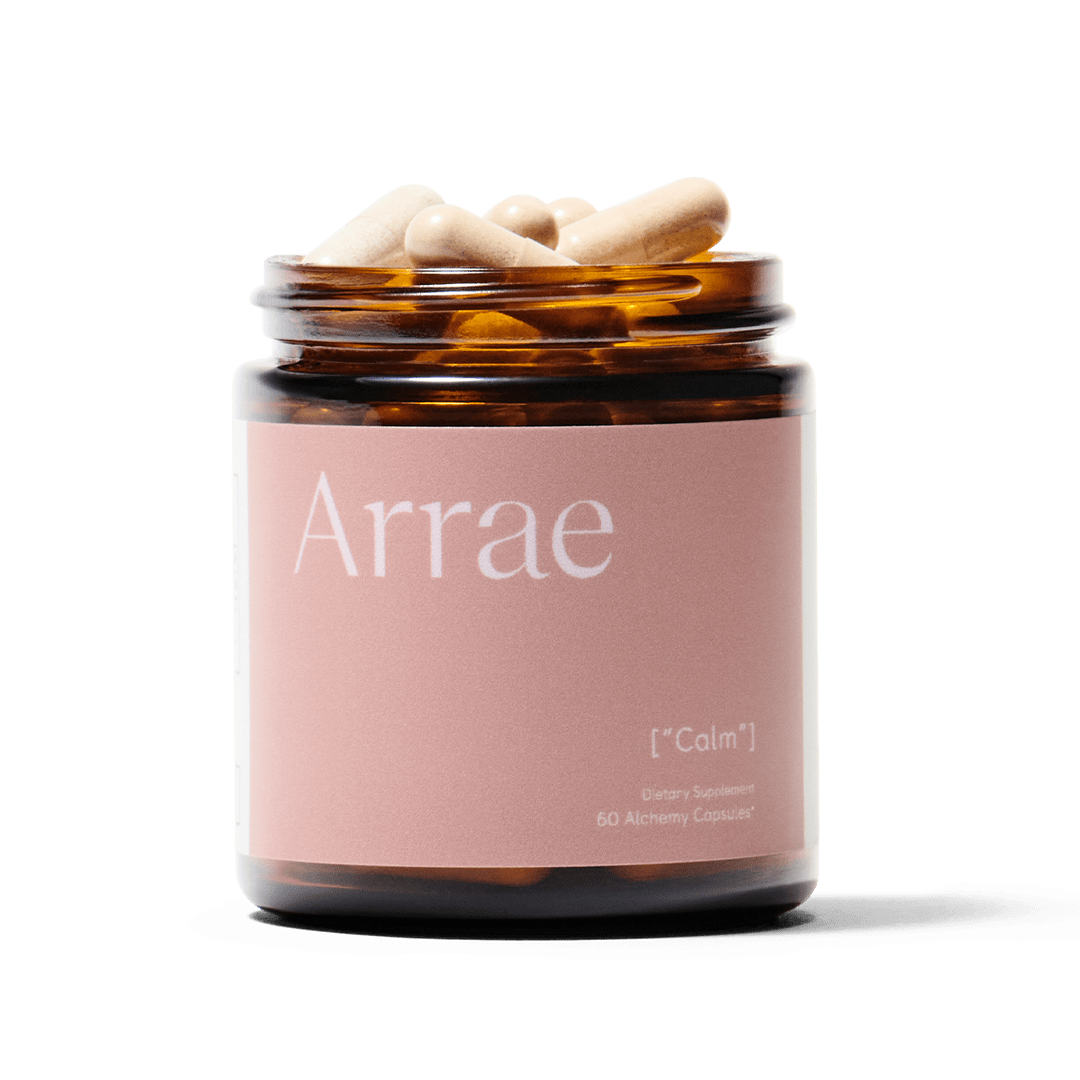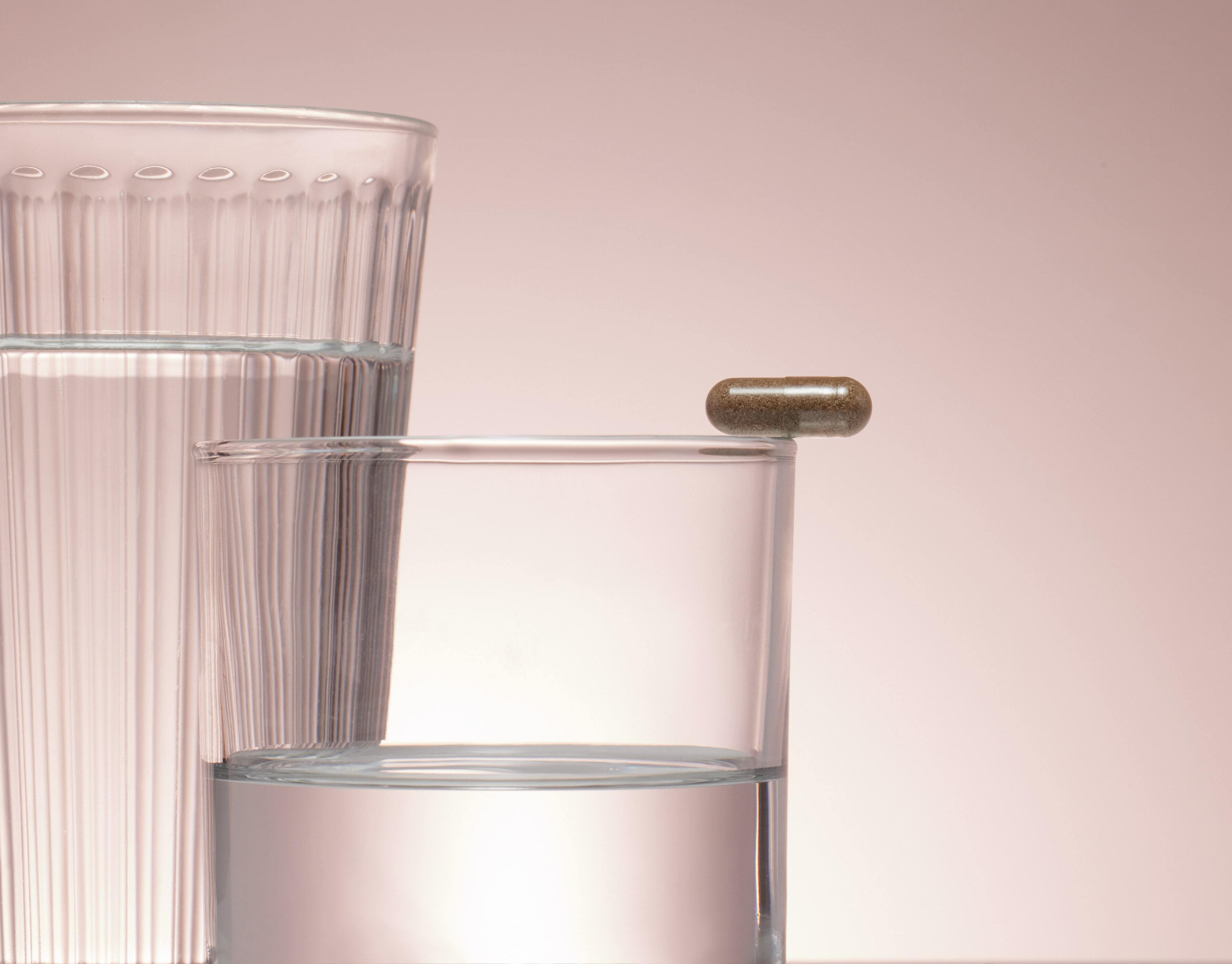
Let's Talk Sh*t
We know potty talk is a bit taboo. Sure, it might not be the sexiest top, but it's just another part of life! Having normal bowel movements, at least three or more per week, is essential for maintaining the body’s internal balance, known as homeostasis. When we 'go,' it allows the body to get rid of harmful wastes and toxins that build up from the foods we eat.
But sometimes when you've got to go, you just can't thanks to a not-so-beloved friend named constipation. And if you've ever been personally victimized by the infamous constipation, raise your hand because you're not alone.
20% of people in the United States struggle with constipation, leading to 8 million doctor visits per year! And unfortunately, us ladies are 2-3 times more likely to suffer from it than men.
What Causes Constipation?
Constipation happens when fecal matter hardens in the colon, becoming dry and stuck in the large intestine. Medically, constipation is defined by fewer than three bowel movements per week, hard, dry, or lumpy stools, difficulty or pain when trying to go, and an incomplete post-bathroom.
A throw in routine (like traveling, a night out, or maybe even one too many sleepovers at your situationship's house - we won't tell) can lead to constipation.
Some common constipation culprits are dehydration, stress, lack of sleep/exercise, lifestyle changes, and fiber deficiency. Processed sugar and fat, over-eating, and some prescription medications can also lead to the backed up blues.
If you struggle with digestive issues such as IBS-C, SIBO, etc., then it's probably an everyday struggle to go. The severity of constipation differs from person to person, and oftentimes, it's accompanied by bloating, gassiness, and extreme cramping. Not only does it come along with side effects that put a damper on our day, but studies show that constipation has detrimental effects on our mental health, energy levels, and quality of life.
Sounding familiar? Not to worry. They're plenty of science-backed, natural remedies to relieve constipation, right from your own home.
5 Natural Ways to Reduce Constipation
1. Drink More Water: Water makes up 60% of the human body. It's essential for our body’s processes, from making energy from food to digestion. Without proper hydration, our bodies pull water from wherever it can - oftentimes, the colon. Studies have shown that drinking carbonated water (but not soda or sugary drinks!) can aid the body in getting things moving again. Although if you struggle with IBS, the carbonation may experience worsen your symptoms. In this case, just stick to tap water!
Electrolyte powders can also aid in rehydration. Just make sure to look for ones without any added sugars or gums. Aim for six to eight glasses of water, or two liters, per day.
Hot-tip: Studies have found that drinking from a straw actually encourages us to drink more, so a reusable bottle with a straw, such as a Brita or Hydroflask, is a sustainable and personable option to carry with you during the day. Wherever you go, your water should follow!
2. Get Moving: We know working out while constipated can seem a little controversial. However, research shows that even a short fifteen walk has major benefits in stimulating the muscles of the intestinal tract. Low intensity workouts such as yoga and pilates, and even ten minutes of stretching have the same effect.
Hot-Tip: Youtube search ‘Yoga for digestion’ and wait for the hundreds of videos to show up. Many yoga poses aim to restore balance in the gut, and specific poses, such as downward-facing dog and child’s pose can be extremely beneficial in soothing the walls of the intestines, helping to gently move stool along.
3. Stock Up on Fiber: Getting enough fiber is important for keeping our gut microbiome healthy. Fiber promotes regularity by moving our waste throughout the GI tract. A 2016 study found that 77% of people with chronic constipation benefited from supplementing with fiber. Many of our favorite household foods contain fiber, which is found in two forms: soluble and insoluble. The Recommended Dietary Allowance is 25-30 grams a day, and it's important to make sure you're getting enough fiber with a well-balanced diet. Foods such as oats, flaxseed, chia seed, whole grains, fruits, and vegetables provide fiber that can help bowels to pass.
4. Prep Your Gut with Probiotics + Prebiotics: Probiotics are the good bacteria that help keep your body healthy and working well. The main job of these bacteria is to help maintain a healthy balance in the body. This helps us digest food, keeps our immune response strong by fighting off harmful bacteria. Constipation can be a tell-tale sign of imbalanced bacteria. Incorporating probiotic foods such as yogurt, kimchi, and sauerkraut as well as taking a probiotic supplement daily can help restore this balance, ridding you of your constipation and its symptoms.
The bacteria in our gut feed directly off of the foods we consume, so eating more prebiotics is also important. Prebiotics are the food for bacteria from the indigestible substances that come from the carbs we eat. They aid in keeping the gut microbiota healthy and increase frequency of bowel movements. Foods like onions, garlic , bananas, leeks, and chickpeas are rich in prebiotics and can be easily added to your meals.
5. Arrae Constipation: Introducing the #1 choice for your #2! After careful formulation and consumer-testing, we crafted a fast-acting solution for all your slow-moving problems. Our capsules are made with all-natural, potent ingredients to help you get easy bowel movements on the daily. Constipation by Arrae supports regularity, reduces bloating + cramping, enhances protein digestion, AND detoxifies the body.
When it comes to constipation relief, nothing does smooth moves quite like our new savvy supp. Say goodbye to harsh stimulant laxatives that cause all those unwanted side effects. Our clean, no-filler formulation gently promotes bowel movements with no unwanted side effects, making it safe for daily use.
How does Constipation work? It's all thanks to 5 health-boosting ingredients, and nothing else:
1. Actazin Kiwi Fruit - to support bowel regularity and reduce bloating
2. Magnesium Citrate - to draw water into the intestines, making stool easier to pass
3. Triphala - to cleanse the colon and support detoxification
4. Flax Seed - to provide fiber that improves stool consistency
5. Aloe Vera Gel - to reduce inflammation and soothe the GI tract
Ditch the backed up blues for good with your new bathroom bestie by your side!
Disclaimer: This blog post is purely informational and does not imply any evaluation by the Food and Drug Administration. This blog post is not intended to diagnose, treat, cure, or prevent diseases, nor should it substitute for advice from a healthcare professional.
Sources:
- Popkin, Barry M et al. “Water, hydration, and health.”Nutrition reviews vol. 68,8 (2010): 439-58. doi:10.1111/j.1753-4887.2010.00304.x
- Christodoulides, S., et al. “Systematic Review with Meta-Analysis: Effect of Fibre Supplementation on Chronic Idiopathic Constipation in Adults.”Alimentary Pharmacology & Therapeutics, vol. 44, no. 2, 2016, pp. 103–116., https://doi.org/10.1111/apt.13662.
- Sharma A, Rao S. Constipation: Pathophysiology and Current Therapeutic Approaches. Handb Exp Pharmacol. 2017;239:59-74. doi: 10.1007/164_2016_111. PMID: 28185025.

